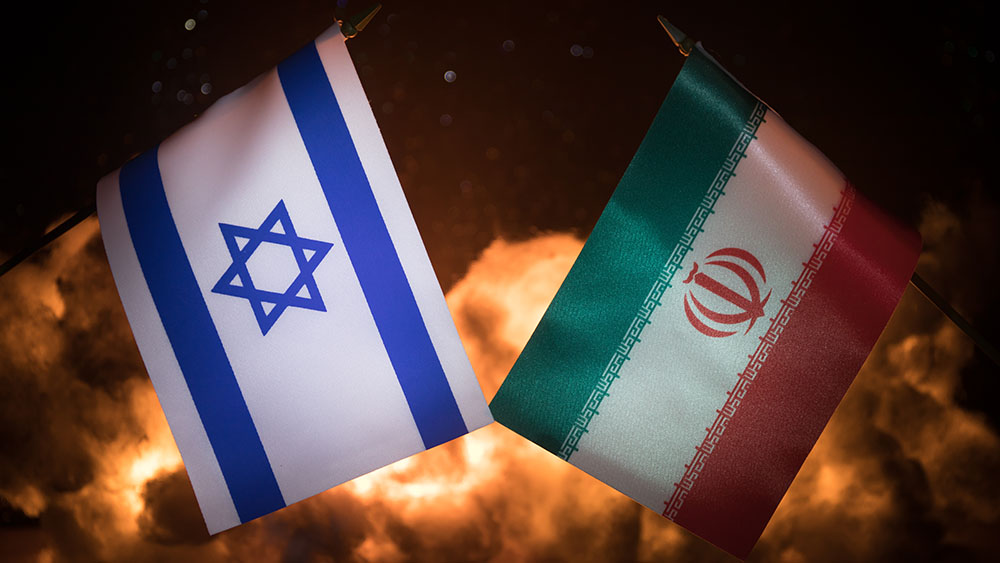Historical Context and Relationship: Iran Israel

The relationship between Iran and Israel has been marked by deep mistrust and animosity for decades, shaped by a complex interplay of historical events, religious beliefs, and geopolitical interests. This intricate dynamic has led to a series of conflicts, diplomatic tensions, and enduring ideological differences.
Historical Background
The history of Iran and Israel is interwoven with the rise and fall of empires, the emergence of religious ideologies, and the shifting power dynamics in the Middle East. While the two nations share a common historical context rooted in the ancient world, their modern relationship is characterized by a series of events that have shaped their current dynamic.
- Ancient Origins: Both Iran and Israel trace their roots back to ancient civilizations. The Persian Empire, with its capital in Persepolis, exerted significant influence over the region, including the Levant, where the Kingdom of Israel and later Judea were located.
- Religious and Cultural Connections: The two nations share common religious and cultural threads. Judaism, Christianity, and Islam, all originated in the Middle East, and their respective scriptures contain narratives that link the regions of Persia and the Levant.
- Zionism and the Rise of Israel: The emergence of Zionism in the late 19th century, advocating for the establishment of a Jewish homeland in Palestine, sparked a complex relationship with the Arab world, including Iran.
- The 1948 Arab-Israeli War: Following the creation of the State of Israel in 1948, Iran, then under the rule of Shah Mohammad Reza Pahlavi, maintained a neutral stance, avoiding direct involvement in the war.
- The 1979 Islamic Revolution: The 1979 Islamic Revolution in Iran led by Ayatollah Ruhollah Khomeini ushered in a significant shift in Iran’s foreign policy. The new regime, with its strong anti-Israel stance, became a vocal supporter of Palestinian groups and actively sought to dismantle the State of Israel.
Major Conflicts and Diplomatic Interactions, Iran israel
The relationship between Iran and Israel has been marked by a series of conflicts and diplomatic tensions. While the two countries have never engaged in direct military confrontation, their involvement in regional conflicts and proxy wars has fueled the ongoing tensions.
- The Iran-Iraq War (1980-1988): During the Iran-Iraq War, Israel provided limited support to Iraq, primarily in the form of intelligence and weapons. This indirect involvement further strained relations between the two countries.
- The Lebanon War (1982): Israel’s invasion of Lebanon in 1982, aimed at dismantling the Palestine Liberation Organization (PLO), led to a period of heightened tensions with Iran, which supported Hezbollah, a Lebanese Shiite militia.
- The First Intifada (1987-1993): The First Intifada, a Palestinian uprising against Israeli occupation, witnessed Iran’s increased support for Palestinian groups.
- The Second Intifada (2000-2005): The Second Intifada further intensified tensions between Iran and Israel, with Iran providing financial and military support to Palestinian militant groups.
- The Nuclear Issue: Iran’s nuclear program, which Israel views as a potential threat to its security, has been a major source of friction between the two countries.
Role of Religion, Ideology, and Regional Politics
The relationship between Iran and Israel is deeply intertwined with religious beliefs, political ideologies, and regional power dynamics.
- Religious Differences: The Islamic Republic of Iran, with its Shiite Muslim majority, views Israel as an illegitimate entity occupying land rightfully belonging to Palestinians. The Israeli government, with its predominantly Jewish population, considers Jerusalem as its eternal capital, a claim disputed by Palestinians and the Islamic world.
- Ideological Conflict: Iran’s revolutionary ideology, based on Islamic principles, stands in stark contrast to Israel’s secular democracy. This ideological divide has fueled a deep mistrust and animosity between the two nations.
- Regional Power Struggle: Both Iran and Israel see themselves as regional powers, vying for influence and control in the Middle East. This competition for power has further complicated their relationship.
Iran israel – Iran and Israel, a relationship as complex as a bouldering route, eh? But hey, let’s talk about something more uplifting: India’s medal quest in sport climbing at the Olympics. Check out this list to see if they’ve scaled the podium yet.
Maybe someday, Iran and Israel can find common ground, like a shared passion for climbing, instead of a shared history of conflict. One can dream, right?
Iran and Israel, they’re like two climbers vying for the same hold on the geopolitical wall. One might say it’s a tense situation, but it’s not like they’re competing in the sport climbing combined Olympics , where Google’s impact on the sport is a hot topic, right?
No, this is a different kind of climb altogether, with more than just medals at stake.